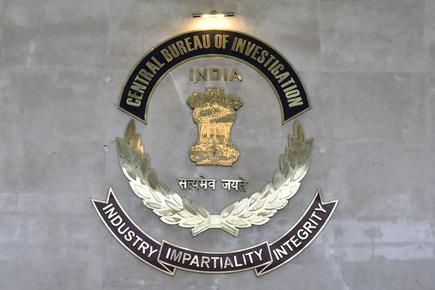One of the most prominent private sector shipping companies, the company was ordered for allegedly deceiving the 28 Bank Consortium in a tone of ₹ 22,842 crore.
The Central Investigation Bureau (CBI) has registered FIR Against ABG Shipyard Ltd and its director, including the chairman and managing director of Rishi Kamlesh Agarwal, in what could be the largest bank fraud case in Indian history.
ABG shipyard, one of the most prominent private sector shipping companies, on Saturday was ordered for allegedly deceiving 28 banks in a tone of ₹ 22,842 crore. Apart from Agarwal, Santhanam Muthuswamy, Ashwini Kumar, Sushil Kumar Agarwal and Ravi Vimal Nevetia have also been named in this case.
The CBI on Saturday released a statement that said that the search was conducted in 13 locations on site defendants including private companies, directors in letters, Bharuch, Mumbai, Pune etc. which caused a recovery of burdensome documents.
A little about the ABG Group
The company was studied to build more than 165 ships, 46 for foreign customers, in the past 16 years, including special vessels such as newsprint operators. It has the capacity to build ships up to 18,000 tonnage of dead weight (DWT) in the shipyard and up to 1,20,000 DWT in the Dahej facility.
What is the ABG shipyard case all about?
The case was revealed following complaints by the Indian state bank. The SBI consortium of 28 banks and financial institutions is thought to have been cheated with a total of ₹ 22,82 crore. From here, abg shipyard owe ₹ 7,089 Crore to Icici Bank, ₹ 3,639 Crore to IDBI Bank, ₹ 2,925 Crore to Bank Negara, ₹ 1,614 Crore to Bank of Baroda, and ₹ 1,244 Crore to Punjab National Bank, among others.
This is the largest bank fraud case listed by the Central Investigation Bureau, even greater than the Punjab National Bank scam involving Damantaire Nirav Modi and his uncle Mehul Choksi.
SBI first filed a complaint on November 8, 2019 where CBI was looking for several clarification on March 12, 2020. The new complaint was submitted again in August that year. After “researching” for more than one and a half years, the CBI acted on complaints submitting FIR on February 7.
Meanwhile, Forensic Audit by Consultation Ernst and Young (EY) revealed that between 2012 and 2017, the defendant colluded together and committed illegal activities including funding funds, misuse of trust and criminal violations.

